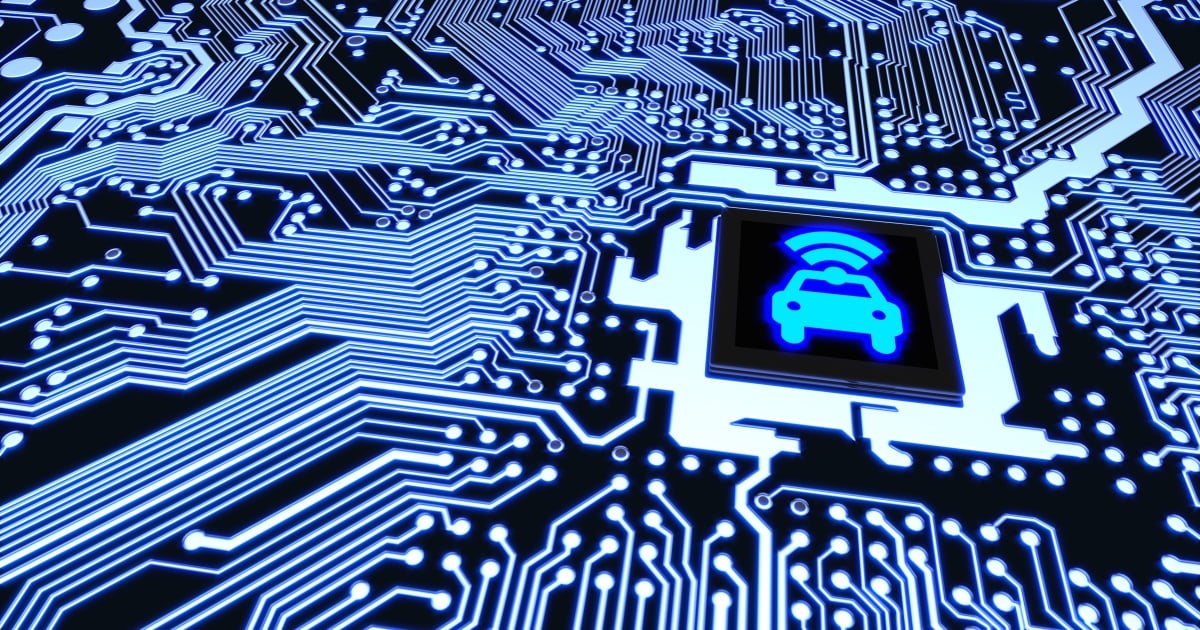
Implementing a combination of device identity, reputation, and artificial intelligence can bring some much needed security to Healthcare IoT. With the healthcare IoT market set to quintuple in size by 2020, and the threat that is seen wherever IoT has been employed around the globe, nowhere does the concept of hacking into IoT devices seem more reprehensible than with healthcare.
Why IoT Devices Can Be Easy Targets
Before looking at how device identity, reputation, and AI can help, we must first consider why healthcare IoT devices can be so difficult to secure. Essentially, what makes them valuable – their small size and ubiquity – is also what makes them vulnerable. IoT has brought vital evolution to the delivery of healthcare, with wearable monitors, pumps, and other devices that enable providers to more closely track health metrics within a facility, and, perhaps more importantly, after the patient is sent home.
However, the small size required of healthcare IoT devices translates into constrained onboard computing, storage, and battery capacity. Most healthcare IoT devices simply don’t have the storage or computational power to support the kinds of security stacks that protect our servers, laptops, and smartphones. This has led to devices that can range from a complete lack of security to inadequate safeguards.
Consequently, the combination of weak security and the exponential growth of IoT devices makes for a vast and attractive attack surface for hackers and other bad actors. Adding to the temptation is the immense value of healthcare data, which is reflected in the number of healthcare ransomware attacks. Like the proverbial weakest link in a chain, a breached IoT device can be used as a doorway to other systems, such as an attack on an unnamed university that began with a hacker gaining entrance through a vending machine and some smart light bulbs.
How Identity, Reputation, and AI Can Help
Fortunately, blockchain technology can help secure healthcare IoT by enabling trusted interoperability. Yes, blockchain is the same technology that powers bitcoin—a currency with a sometimes unsavory reputation as the coin of the realm in dark areas of the internet—yet blockchain also provides the foundation for a new era of internet security. The power of blockchain is found in its distributed system architecture and immutable ledger. Once data is entered onto the blockchain, it is all but impossible with today’s technology to reverse the cryptographically secured transaction records.
The immutability of the blockchain can be coupled with cryptographic keys embedded into IoT devices to establish immutable device identity. The immutability of the blockchain can also serve as an unalterable repository of device reputational metrics—which is where AI and machine learning come into play. A system that tracks device interactions can learn what constitutes normal behavior for a device, as well as what constitute aberrations from the norms. For example: Why is the blood monitor attempting to connect with a URL in the Ukraine?
IoT is so essential to the evolution of healthcare delivery that we must create successful fortifications against the hackers and other bad actors looking to break in. Immutable identity, combined with reputation tracking and AI, could provide a powerful tool to be used in this mission-critical effort.
About the author: David Fragale is Co-Founder of Atonomi, a blockchain-based security protocol enabling trusted interoperability for billions of IoT devices through identity and reputation. In 2014, David was appointed as an MIT Sloan Fellow in Innovation and Global Leadership, where he focused on innovation and emerging technology trends such as FinTech, Cryptocurrencies, and Blockchain. He previously advised U.S. Treasury's TARP program during the height of the Financial Crisis.
Ken Briodagh is a writer and editor with more than a decade of experience under his belt. He is in love with technology and if he had his druthers would beta test everything from shoe phones to flying cars.
Edited by
Ken Briodagh





